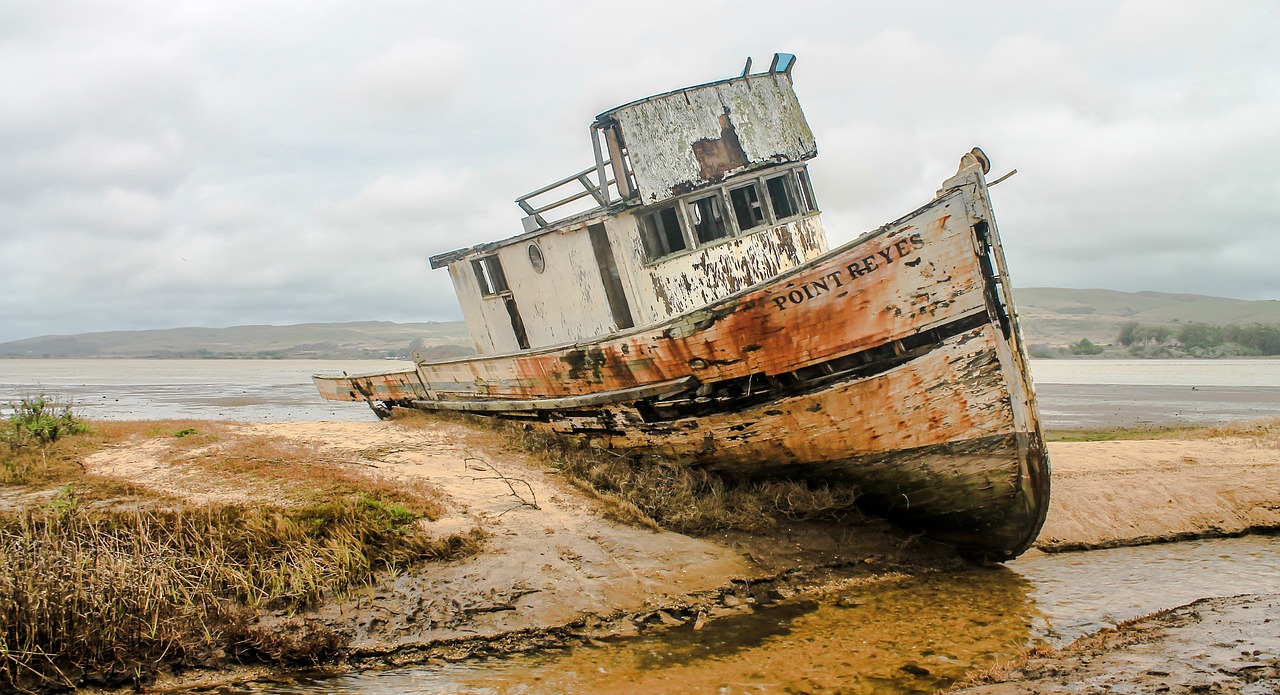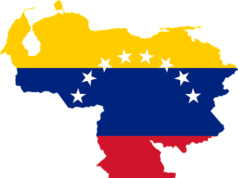
Sinking refugee boats to rescue refugees incidentally: The idea of a military operation against criminal smugglers in the Mediterranean was controversial from the start. Some lamented the alleged pull effect – so that migrants were given an additional incentive by Operation „Sophia“ to embark on the life-threatening path to Europe.
The others, especially aid organizations like Amnesty International or Pro Asyl, criticized that the real problem – the causes of flight – would not be solved.
For Defense Minister Ursula von der Leyen, the naval mission is overall a success: Germany had trained coast guard personnel, smugglers and alone 22,000 refugees saved the lives.
In fact, before the end
The fact that the operation „Sophia“ after three and a half years, but actually de facto, is due to the country, which had once urged the mission urgently and continues to provide the commander in chief: Italy.
The populist government of the Five-Star Movement and the Lega of Interior Minister Matteo Salvini tried for months to bring about a change in the rules of engagement in their favor.
No distribution mechanism
Rome wants to ensure that those rescued from distress are no longer automatically brought to Italy. Instead, member states should agree on a distribution mechanism. The plan: other Mediterranean neighbors, such as France or Malta, could also take in refugees who would then be protected in asylum centers across the EU.
Solution not in sight
A few days before the regular end of the „Sophia“ mandate, the spokeswoman for EU chief diplomat Federica Mogherini had to officially admit that the Council still sees no solution to the problem in sight. Also, the fact that Italy had closed its ports for rescue ships several times in protest last summer was clearly unable to soften the resistance of the Eastern European EU countries, ahead of Poland and Hungary, to any kind of compromise.
At least since the beginning of the year, the naval operation was in any case on the edge, after Germany decided to provide for the time being no ship of the Bundeswehr more for use.
„Without meaningful tasks“
„We have been sent for about nine months by the Italian command in the most remote corner of the Mediterranean, where there are no smuggling routes and where there are no refugee routes,“ says von der Leyen. „The soldiers have been without meaningful tasks for months.“
The logical consequence of the political stalemate would have actually been to phase out the mandate for the thinned naval deployment later this month. This embarrassing defeat did not want to accept the majority of the member states or the European Commission just before the European elections.
Coast Guard training should continue
Instead, it was decided unanimously to continue the operation „Sophia“ for another six months. With the restriction, of course, that until further notice only helicopters and airplanes will patrol over the area of operation between southern Italy and Libya in order to air reconnaissance. The training of the Libyan Coast Guard should continue.
Paradoxical message
A naval mission without ships? EU foreign policy spokeswoman Mogherini is well aware of the paradoxical message Brussels sends. It is clear that „Sophia“ can not really fulfill her core tasks. These would be: stopping criminal smugglers, fighting illegal smuggling of weapons and oil and saving people from distress.
However, one continues to work intensively on a solution. Such demands also the EU’s top candidate of the Greens, Ska Keller: „We finally need a rescue, which is coordinated,“ she says. „And people who want to help should be allowed to.“ She calls for a European maritime rescue.
Mogherini himself has repeatedly urged the EU states in recent months to not let Operation „Sophia“ die.
After all, the number of illegally arriving migrants fell by more than 80 percent in the course of the mission. Since the beginning of the European naval presence off the coast of Libya in 2015, however, almost 50,000 migrants have been brought to Italy.



